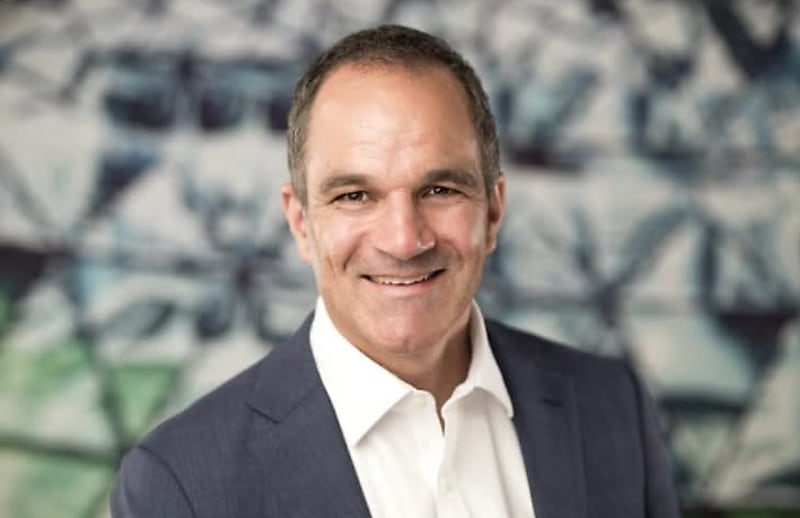Business NSW’s State of Skills 2024 report has revealed mothers and senior Australians may be able to lessen the severity of the chronic worker shortage by assimilating back into the workforce.
Based on the report findings, Business NSW prompted calls for better access to childcare and eased restrictions for over-60s looking to pick up work.
You’re out of free articles for this month
The report highlighted hiring mothers and seniors as a key strategy to help address the skills shortage, a growing trend across Australian businesses.
Business NSW CEO Daniel Hunter said most employers were continuously struggling to recruit staff.
The report outlined 77 per cent of employers struggled to recruit the staff they needed, with almost 40 per cent expecting it to have negative impacts on their business.
“Many of our members are actively tapping these often-overlooked talent pools as a strategic response to the tight labour market,” Hunter said.
“With skilled workers in short supply, businesses are turning to these groups to fill gaps, drive efficiencies and secure our future prosperity.”
According to Business NSW, businesses would be able to fill their skill gaps if mothers had access to adequate and affordable childcare.
Business NSW has urged the state and federal governments to invest in childcare funding to expand access for parents returning to work and support early childhood development.
Hunter said it was crucial to address the barriers that prevented mothers from joining or rejoining the workforce, mainly the lack of accessible and affordable childcare.
“For many parents, finding reliable childcare is a major hurdle to returning to work,” he said.
“Without adequate support, businesses are missing out on a skilled and dedicated workforce that could drive efficiencies and growth.”
Business NSW has also called for an increase in the federal government's work bonus program limits to help address the skills shortage in the short to medium term.
Business NSW recommended that the government double the age pension work bonus to $600 per fortnight, amounting to $15,600 annually, as the current small bonus limited workforce participation and productivity.
Hunter said the increase would enable businesses to hire more seniors and/or allow current pensioners to work more hours if they wanted to.
“SMEs are grappling with significant challenges in attracting and retaining skilled workers,” he said.
“This shortage is affecting everything from daily operations to long-term growth, resulting in higher workloads for existing staff, lower productivity and difficulties meeting customer demands.”
“There is an incredible amount of unmet capacity within NSW’s 860,000-plus businesses. If we don’t realise our economic potential, we face a grim future.”
Imogen Wilson
AUTHOR
Imogen Wilson is a graduate journalist at Accountants Daily and Accounting Times, the leading sources of news, insight, and educational content for professionals in the accounting sector.
Previously, Imogen has worked in broadcast journalism at NOVA 93.7 Perth and Channel 7 Perth. She has multi-platform experience in writing, radio and TV presenting, as well as podcast production.
Imogen is from Western Australia and has a Bachelor of Communications in Journalism from Curtin University, Perth.

 Login
Login






